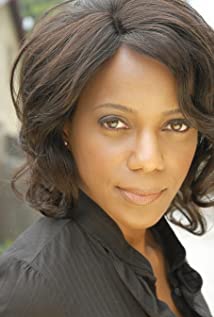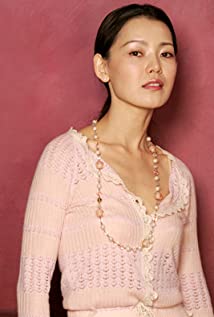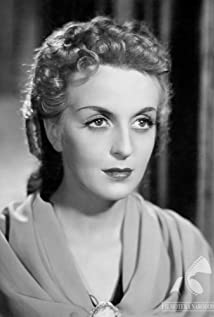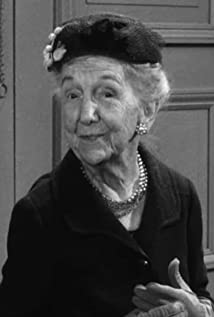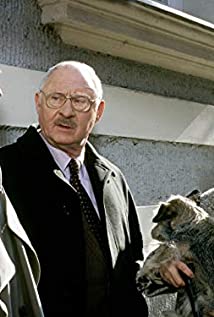In Hollywood, her opportunities were limited to supporting character Actress work. She naturally preferred the stage in any event. In particular, she was nominated for an Academy Award for Best Supporting Actress for her role in Alfred Hitchcock's Rebecca (1940). As the housekeeper Mrs. Danvers, Judith Anderson was required to mentally torment the young bride, the "second Mrs. de Winter" (Joan Fontaine), even encouraging her to commit suicide; and taunt her husband (Laurence Olivier) with the memory of his first wife, the never-seen "Rebecca" of the title. This role led to several film appearances during the 1940s in such films as Lady Scarface (1941), Kings Row (1942), All Through the Night (1942), Otto Preminger's Laura (1944) with Gene Tierney, Ben Hecht's Specter of the Rose (1946), Jean Renoir's The Diary of a Chambermaid (1946) and a particularly memorable turn as Emily Brent in René Clair's And Then There Were None (1945); she was one of the last surviving cast members of the adaption. In 1970, she appeared in A Man Called Horse.














